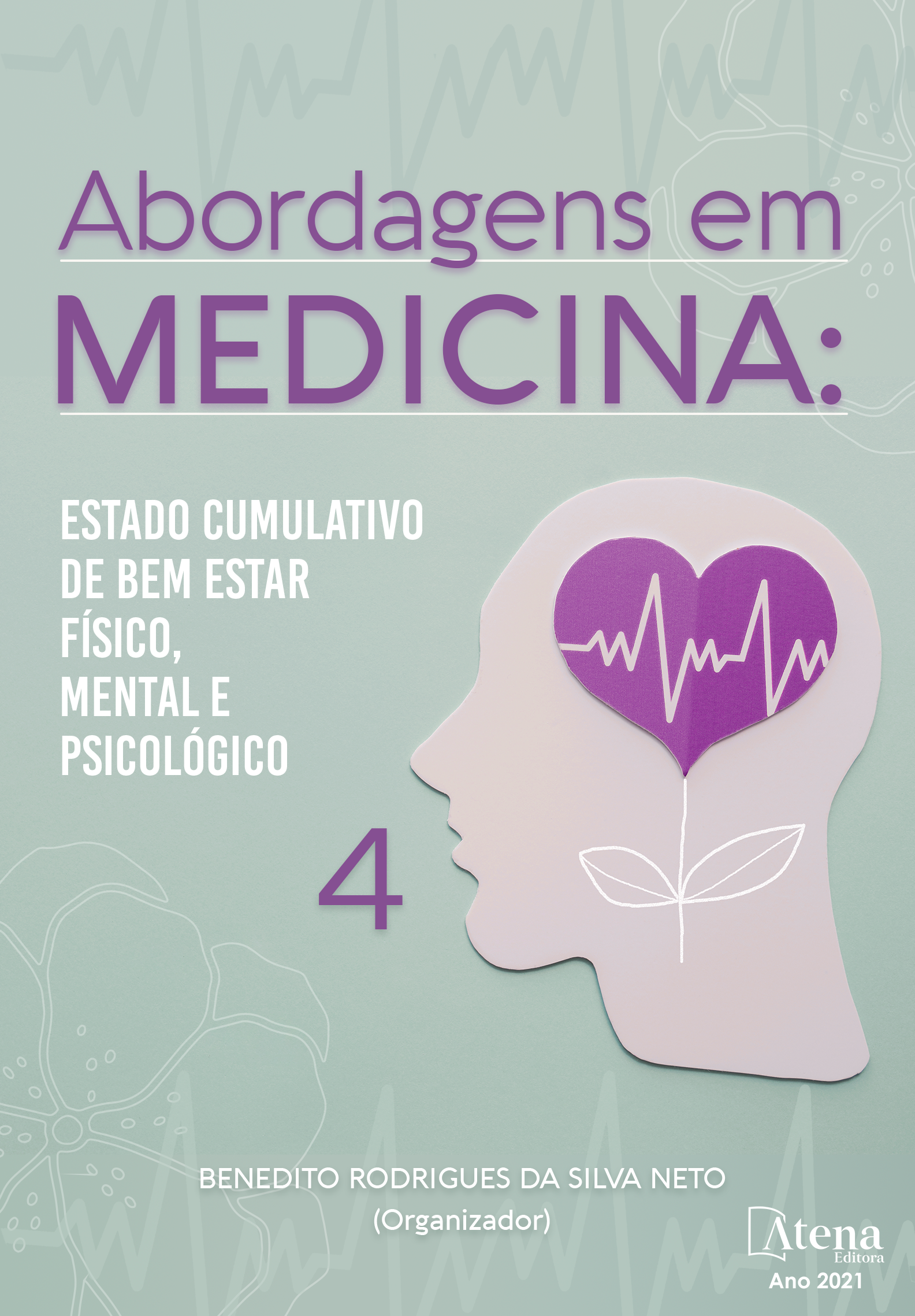
VÍNCULO FAMILIAR HOMOAFETIVO E A REDE DE SAÚDE PÚBLICA: Desafios e possibilidades
A Política Nacional de Humanização visa incentivar uma relação maior entre gestores, trabalhadores e usuários. O acolhimento ao usuário no Sistema Único de Saúde (SUS) desenha uma forma de compreender melhor a demanda e pluralidade do serviço em rede. Acolher os usuários, considerando aspectos psicológicos, e manter uma relação positiva entre equipes/serviços e usuários promove humanização e melhores condições da assistência à saúde. O presente estudo teve por objetivo caracterizar os serviços e o atendimento à clientela de famílias homoafetivas, compreender o vínculo familiar de indivíduos homoafetivos e a percepção desta clientela sobre o atendimento para si e para sua família, assim como identificar a percepção da equipe multiprofissional sobre os usuários homoafetivos. Este estudo estava vinculado aos serviços de extensão da Universidade Federal de Mato Grosso do Sul. O método de pesquisa e análise dos dados foi qualitativo na perspectiva psicanalítica. O instrumento utilizado foi um roteiro de entrevista semiestruturado. Os participantes foram quatro usuários homoafetivos e três servidores públicos da rede de saúde. Os resultados foram apresentados considerando: Dinâmica familiar homoafetiva; Atendimento ao homoafetivo no SUS - percepção dos usuários; e Atendimento ao homoafetivo no SUS - percepção pela equipe de saúde. Concluiu-se que existem diversas formas de desempenho de papéis em famílias homoafetivas. Há relatos de discriminações e marginalização nos contextos individual, familiar, educacional, religioso, profissional e no Sistema Único de Saúde. O estudo constatou déficits na esfera estrutural do SUS, falta de preparação acadêmica, teórica e prática dos profissionais entrevistados. Notou-se a perpetuação do atendimento pautado na heteronormatividade, necessitando de ações que coloquem em prática as políticas públicas para a comunidade LGBT, considerando suas configurações vinculares, especialmente projetos e estratégias de assistências psicológica, familiar e de saúde.
VÍNCULO FAMILIAR HOMOAFETIVO E A REDE DE SAÚDE PÚBLICA: Desafios e possibilidades
-
DOI: 10.22533/at.ed.66621221123
-
Palavras-chave: Homoafetividade. Família. Psicanálise. Políticas de Saúde Pública.
-
Keywords: Homoaffectiveness. Family. Psychoanalysis. Public Health Policies.
-
Abstract:
The National Humanization Policy aims to encourage a greater relationship among managers, workers and users. User embracement in the Unified Health System (UHS) provides a way to better understand the demand and plurality of the network service. Welcoming users, considering psychological aspects, and maintaining a positive relationship between teams/services and users promote humanization and better health care conditions. The present study aimed to characterize the services and customer care of homo-affective families, to understand the family bond of homo-affective individuals and the perception of this clientele about the care for themselves and their families, as well as to identify the perception of the multidisciplinary health team about the homoaffective users. This study was linked to the extension services of the Federal University of Mato Grosso do Sul, Brazil. The research method and data analysis were qualitative under a psychoanalytic perspective. The instrument employed was a semi-structured interview script. The participants were four homoaffective users and three public servants who work in the health network. The results were presented considering: Homoaffective family dynamics; Assistance to homoaffective in UHS - users' perception; and Care for homoaffective in UHS – perception expressed by the health team. It was concluded that there are several ways of performing roles in homo-affective families It was concluded that there are different ways of role-playing in homoaffective families. There are reports of discrimination and marginalization against individual, family, educational, religious and professional contexts and in the Unified Health System. The study found deficits in the structural sphere of the UHS, lack of academic, theoretical and practical preparation or knowledge of the interviewed professionals.They noted the perpetuation of care based on heteronormativity, requiring actions that apply public policies for the LGBT community (lesbians, gays, bisexuals, transvestites and transsexuals), considering their binding configurations, especially projects and strategies for psychological, family and health care
-
Número de páginas: 19
- Jhonatan Saldanha do Vale
- Silvia Maria Bonassi


